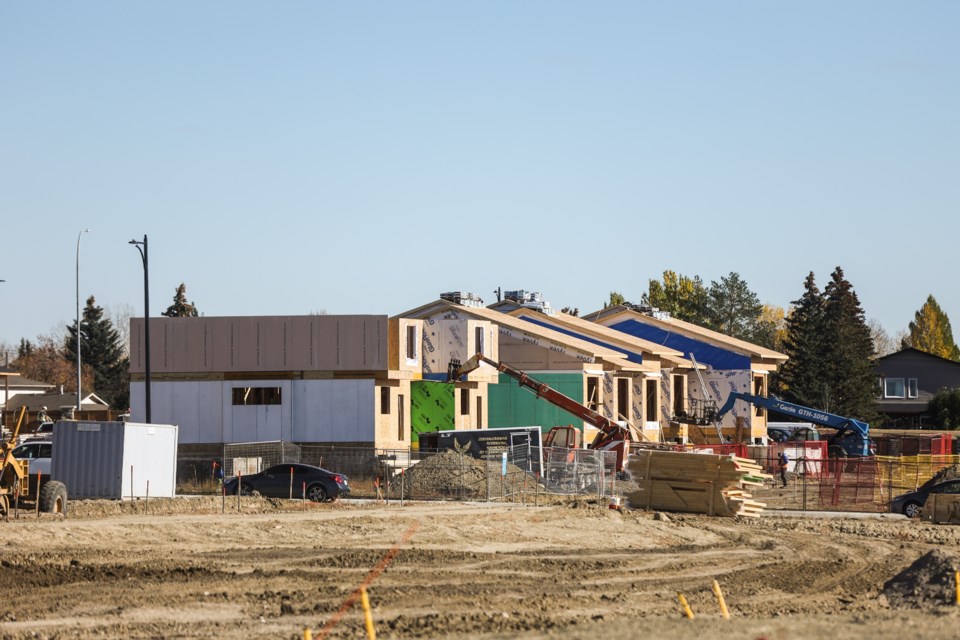It won’t be long, it seems, before you won’t be able to find an affordable place to live anywhere in Canada.
OK, so that might be a bit of an exaggeration, but the housing crisis that started in our biggest cities is finding its way into many other areas of this country, making shelter, one of our basic necessities, a challenge for an ever-increasing number of people.
You can’t go more than a couple of days without reading or hearing something about housing, and generally the news isn’t good, unless, of course, you’re a landlord or a real estate investor (I guess everyone who owns property could be categorized as such).
As housing values rise, the ones really paying the price are those not yet in the market as sky-high rents make keeping your head above water a difficult proposition, let alone trying to save for a down payment on a place that’s getting further out of reach by the day.
This situation was pronounced in big cities like Toronto and Vancouver where the easy answer was to tell people to pack up and move to more affordable jurisdictions, which is exactly what they’ve been doing, bringing higher prices along with them.
A recent Century 21 survey found that prices have increased ‘briskly’ in numerous markets in Alberta over the first six months of this year. “The price increases tell a story of migration – Canadians moving to Alberta, in particular smaller communities where property prices remain moderate,” a synopsis of the survey stated.
Moderate is a relative term, and while prices are lower here than in the most overheated areas of the country, they’re rising at an unsustainable rate. Stats from the Calgary Real Estate Board show Okotoks set a new high for house prices in five of the last six months, with an average detached house now selling north of $700,000.
A recent report from rentals.ca found that, to no one’s surprise, rents are also going through the roof, up almost six per cent across the country from a year ago.
According to the report, one-bedroom units in Vancouver and Toronto reached a staggering $2,761 and $2,443, respectively, in July, but what might be worse is that once-affordable cities like Halifax and Oshawa saw rents for one-bedrooms hit $2,050 and $1,863, respectively.
There are many to blame for the situation we find ourselves in, but the bottom line is that we’ve got a supply-demand imbalance that’s screaming out for a building boom of unprecedented proportions.
The parliamentary budget officer says 1.3 million more homes are needed by 2030 to eliminate the country's housing gap, while the Canadian Mortgage and Housing Corporation contends that 3.5 million homes must be constructed by 2030 to restore affordability to 2003-04 levels.
These homes can’t come soon enough for those who are struggling to find affordable accommodation because when you’re paying too much for housing, it negatively impacts every other facet of household finances.
The sobering reality, however, is that as much as we’ve identified a need for a massive amount of new housing, stats show that construction isn’t keeping up with that demand.




